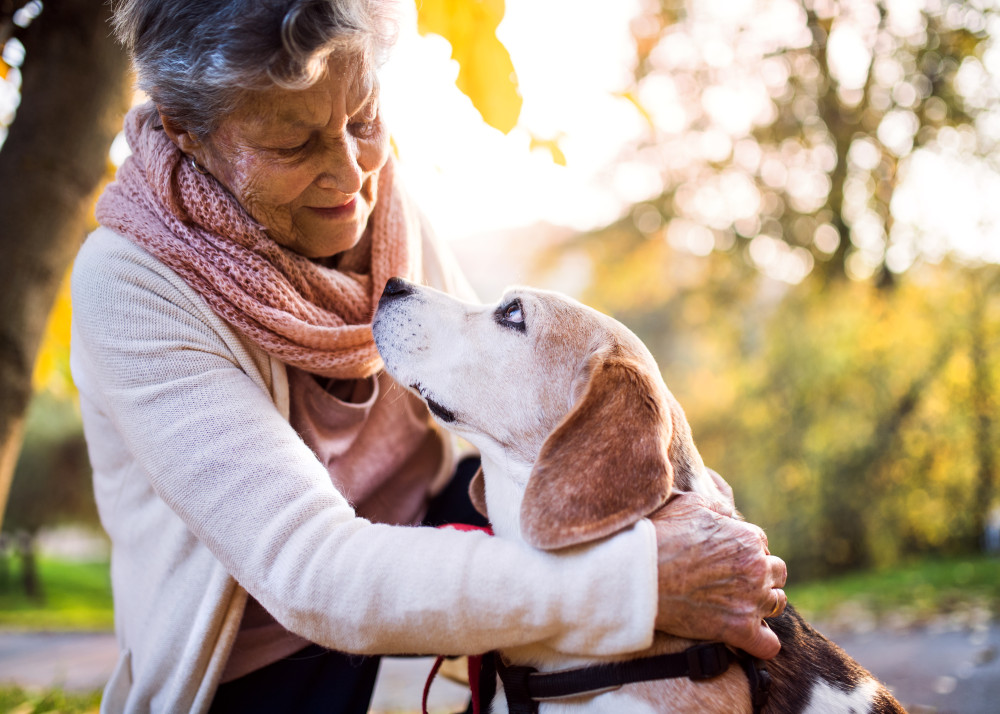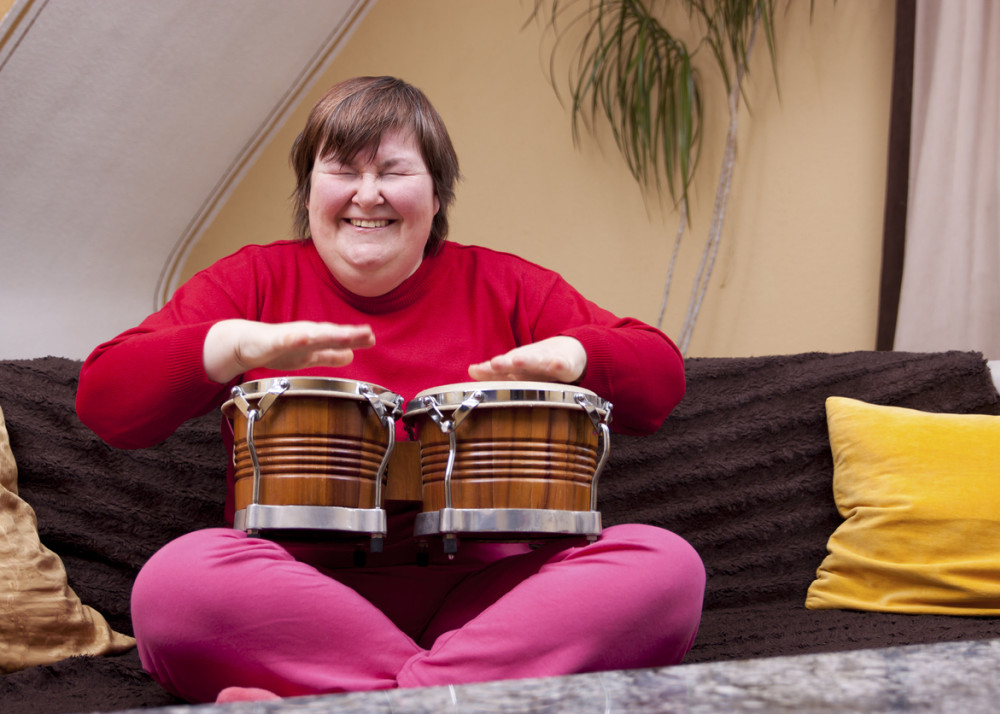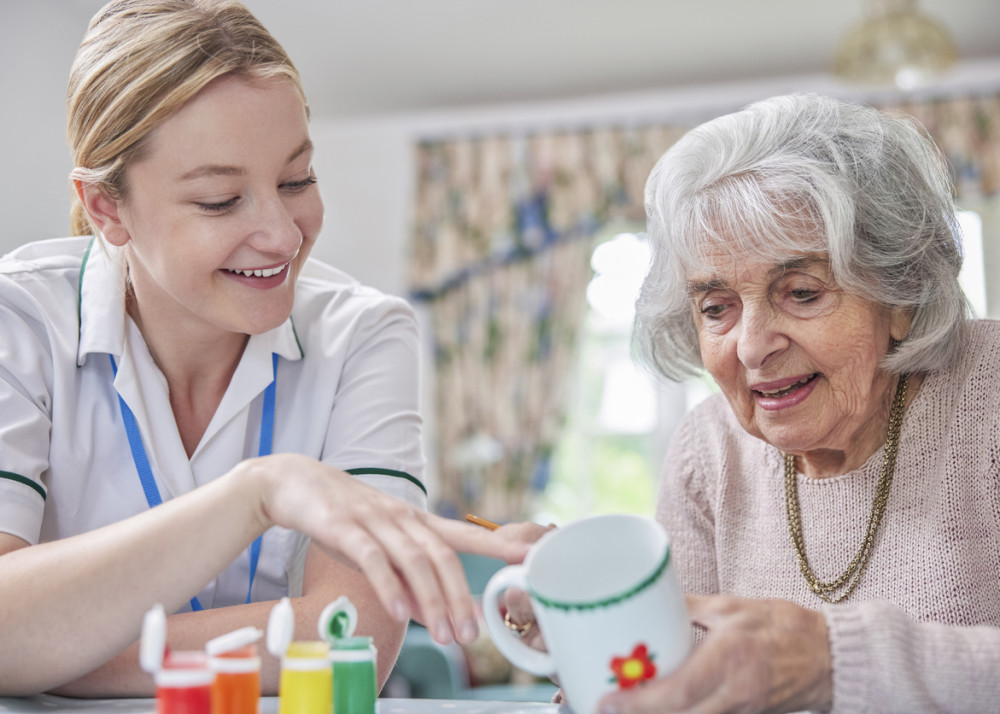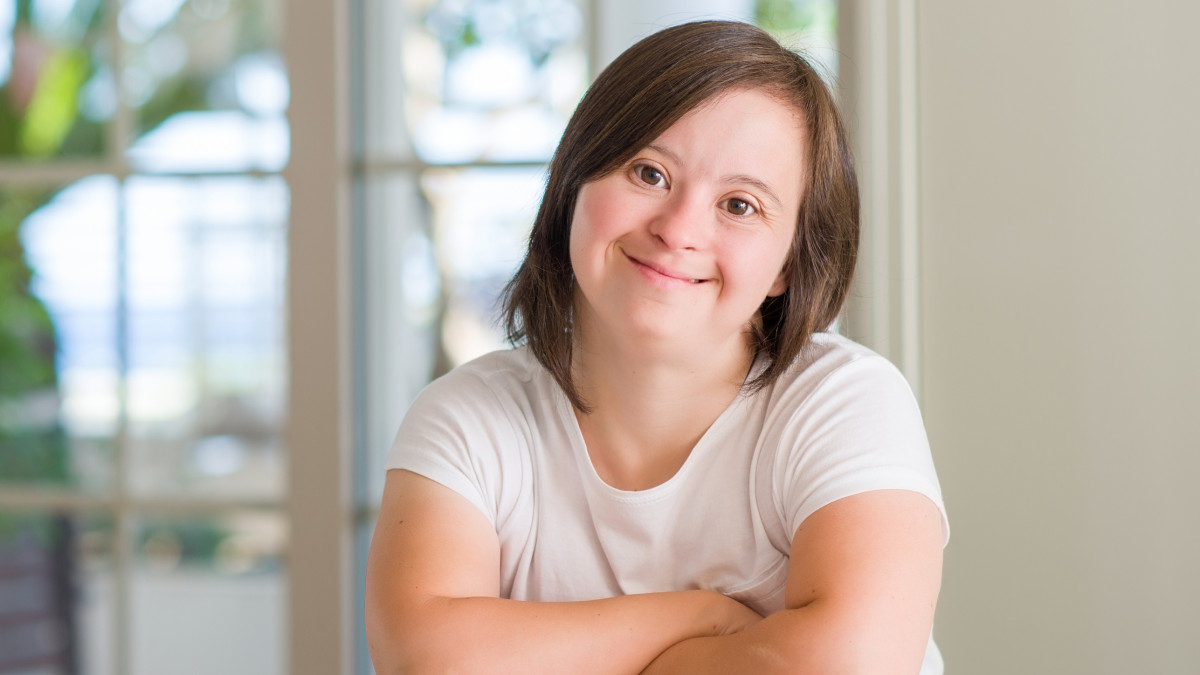Focus On: Bonnie, our Pet Therapy Dog
9 October, 2023
Each month, Focus Care spotlights one of our team members and showcases the great work they do in order to help you put a face to our name. Today, we're doing something different and spotlighting our Pet Therapy Dog, Bonnie (and of course our Pet Therapist, Susan!) With Susan's help, we wanted to understand a bit more about Bonnie, the kind of work that she does and how she came to be a therapy dog.
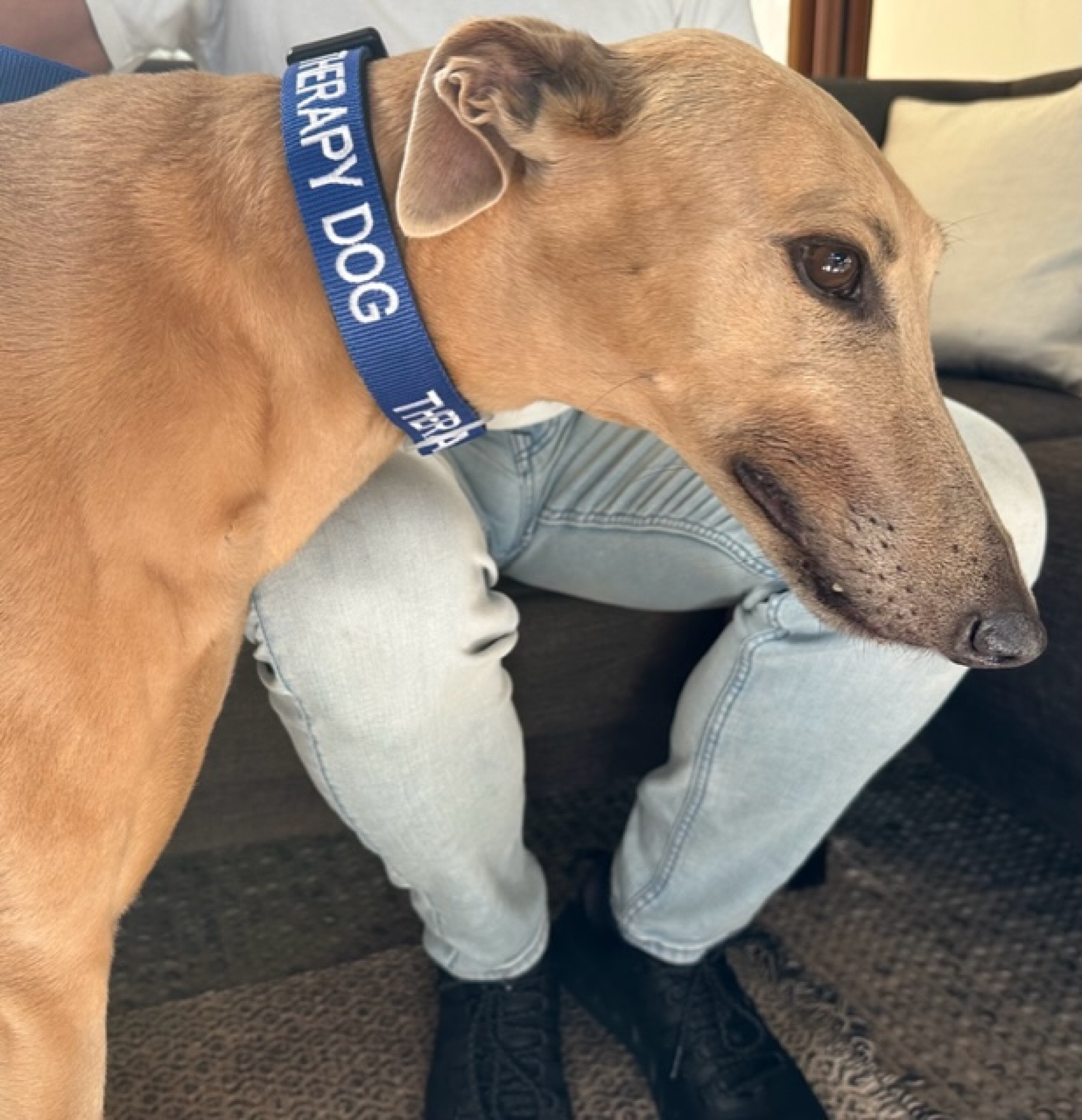
Hi Susan, can you tell us how you and Bonnie came to work at Focus Care? Was there anything in particular that attracted you to the care industry? How did you end up becoming involved in pet therapy?
Initially we were lucky to have a wonderful Pet Therapist, Jacqui, and her dog Rosie, delivering our pet therapy services. They retired a few years ago and, as we were keen to continue offering the service, I wondered if Bonnie and I could step into the gap. As an Allied Health Professional with a lovely, gentle and social dog, I thought we might be an ideal team. We completed a pet therapy course together and have been working since.
I'm motivated to work in the care industry as it is personally rewarding and interesting. Everyone is unique with their own story. If I (and Bonnie) can be of some assistance, that is a great thing. I've been with Focus Care for about 8 years and my main role is as an Art Therapist and Counsellor.
What's the process for becoming a pet therapist? What's the process for training a dog to become a pet therapy dog?
The animal must be assessed as being suitable for the role and the therapist too! The animal must be clean, healthy, calm, gentle, well mannered, microchipped, vaccinated and on a flea/worm program. It doesn't have to be a dog, it could be a cat, rabbit, guinea pig, chicken, duck, pony, etc. The therapist needs the qualities of being respectful, patient, empathic, friendly and able to assess and respond appropriately to risks.
The therapist and the animal complete a pet therapy course and the pet handler is responsible for risk assessments and safety, infection control, animal control and the client/pet interaction.
Can you tell us a little about your dog? What's her personality like? What does she like to do? What does she not like? What's her favourite thing? What do you like most about her?
Bonnie is a retired greyhound racer and she’s 8 years old, we adopted her through the organisation GAPS 5 years ago. Her racing name was Elite Tension.
She is very gentle and quiet and spends most of her time relaxing. She loves to lie on her comfy bed, go on walks, run flat out and play with her toys. She often gets excited in the afternoons and will jump around, throw her toys up in the air and spin around in circles, her ears go floppy, and she looks a bit goofy. After that she is lying down and relaxing again. Like greyhounds in general, she is happy to be left alone at times, so is quite independent in that way. She doesn’t like getting wet so is reluctant to walk in the rain. She also does a great downward dog!
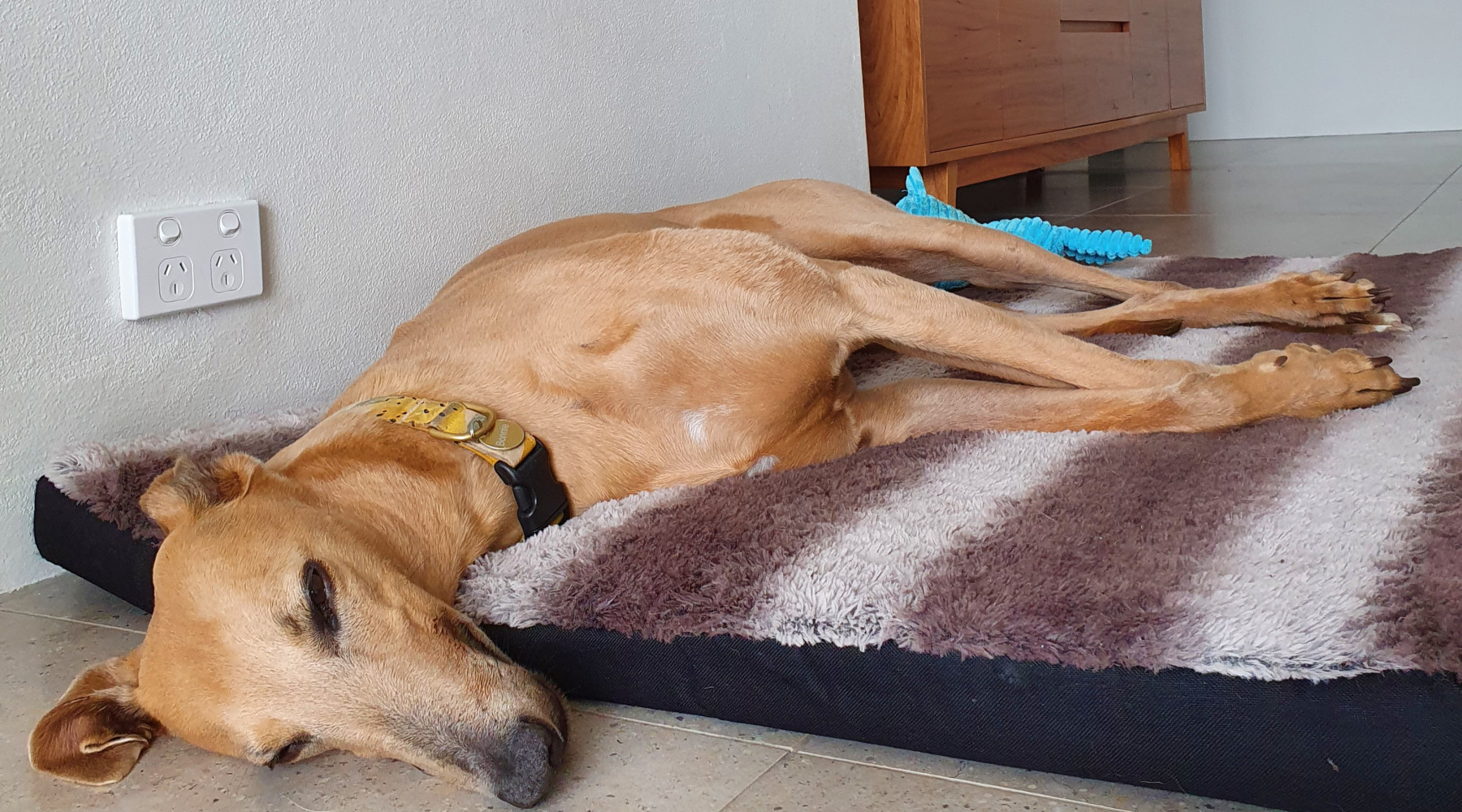
Why did you think your dog would be a good fit for pet therapy?
She is calm, gentle and self-confident with people she doesn’t know and with other dogs, and she is well mannered. She doesn’t bark or lick. She really likes people and people generally respond positively to her.
What generally happens in a pet therapy session?
It depends on each participant and what their goals are. It can be a formal structured set of sessions aimed at specific goals such as: developing social skills, developing motivation to exercise or improving interactions with others. It can also involve more casual meetings – the animal and handler can visit for comfort or recreation. The participants can pat Bonnie, feed her treats, brush her fur, go for walks, talk about their interest in dogs and animals and really just have the opportunity to spend some quality time with her.
I make sure to allow some time for Bonnie to have a walk, sniff and toilet before the visit and afterwards too. It’s really important that she enjoys the session and feels comfortable. It's important that that the pet handler, pet and participant all enjoy the experience.
What have been the benefits you've seen from your dog (and your work) in this area?
One of the participants we worked with was a teenager with ASD who had stayed in his bedroom for months and refused to leave. He loved dogs and, once he was comfortable with Bonnie, was able to go into the back yard and eventually for a walk around the block.
We also worked with an elderly lady with dementia who, when asked what her best day would look like, responded with “Sitting in the sun with a dog”. We made sure that happened for her, and the positive impact on her mood was obvious and lead to an increase in conversation during the visits. The visits gave her opportunities to reminisce about the animals she grew up with and to tell her story.
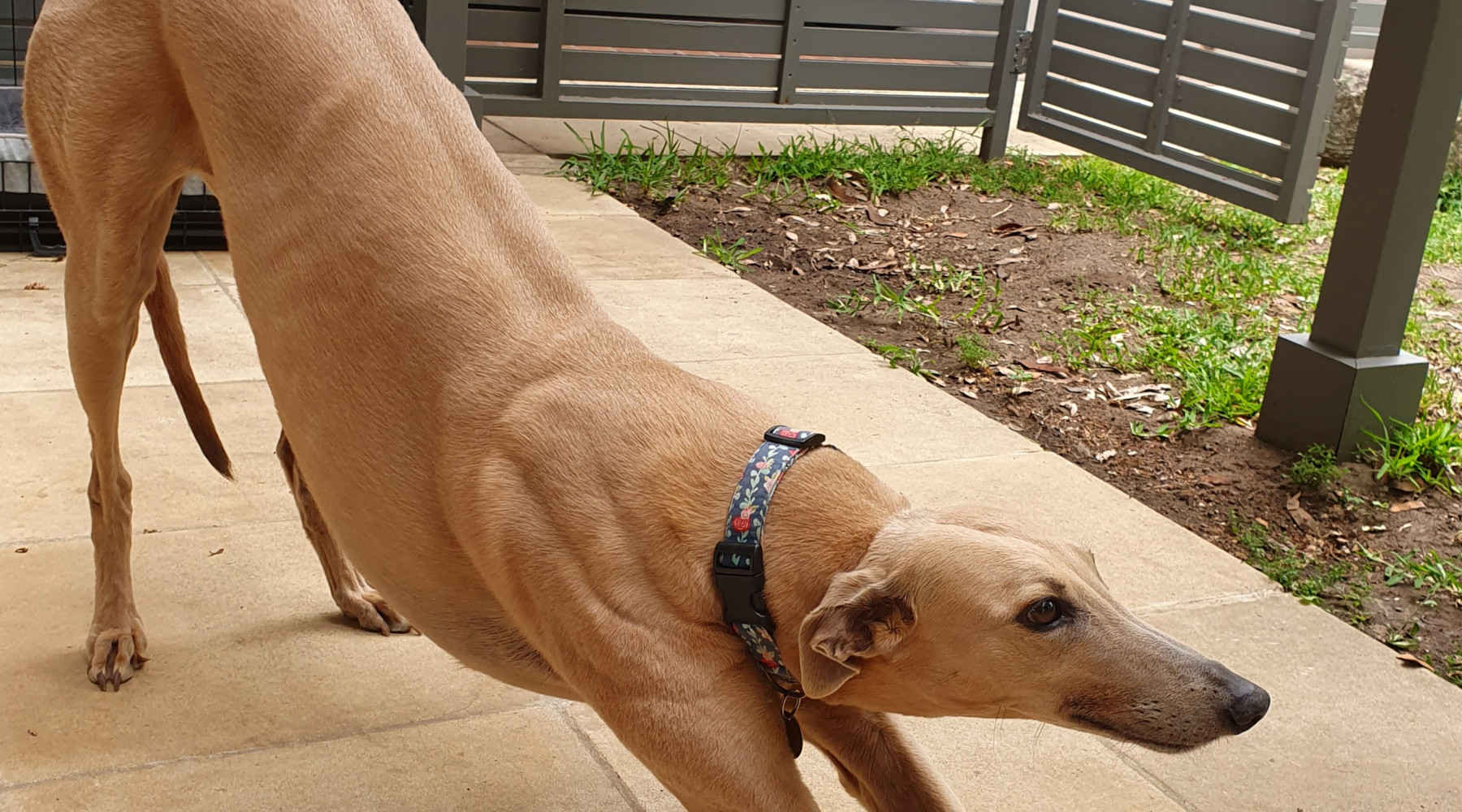
Why do you think pet therapy is not used more widely?
The logistics of providing the service can be challenging. It seems to be becoming more popular, which is a good thing.
Is there anything specific about the pet therapy you provide?
Having a background in Counselling means that I have skills in communication and interpersonal skills, establishing rapport and building trust, all really helpful with facilitating pet therapy.
What do you love most about pet therapy work?
I really enjoy the positive impact that Bonnie has, and seeing how the clients interact with her.
Well thanks so much for taking the time to speak with us Susan and Bonnie. It’s great to hear a little more about Bonnie and the wonderful work you both do.
Thanks for asking about us!
Check this space next month to Focus On Staff Highlights!
Focus Care is an approved provider of Home Care Packages and a registered NDIS Service Provider. If you are looking for home care or disability support, contact us today to see how we can help.
